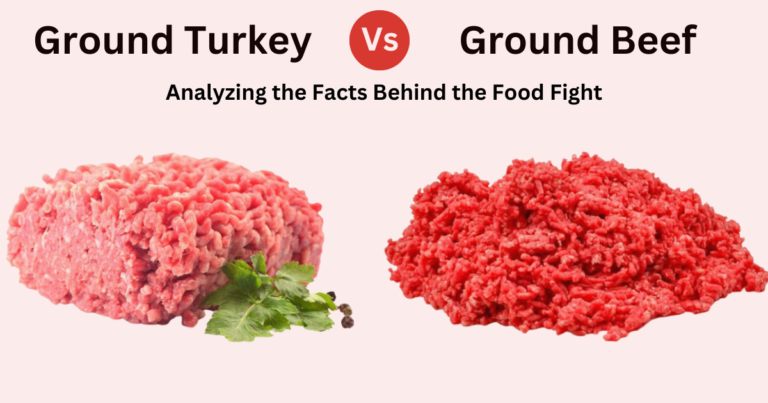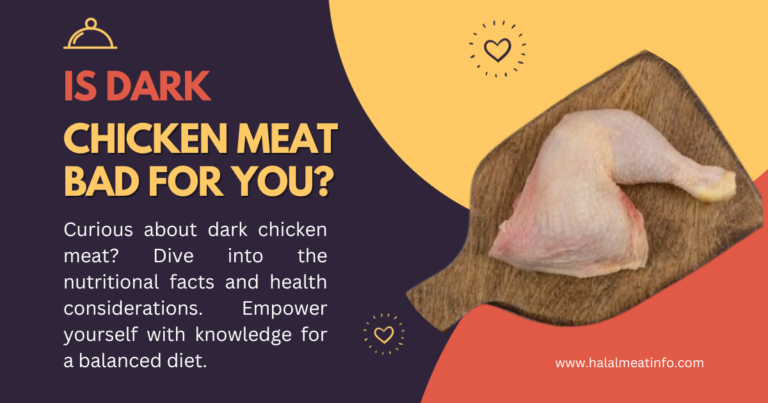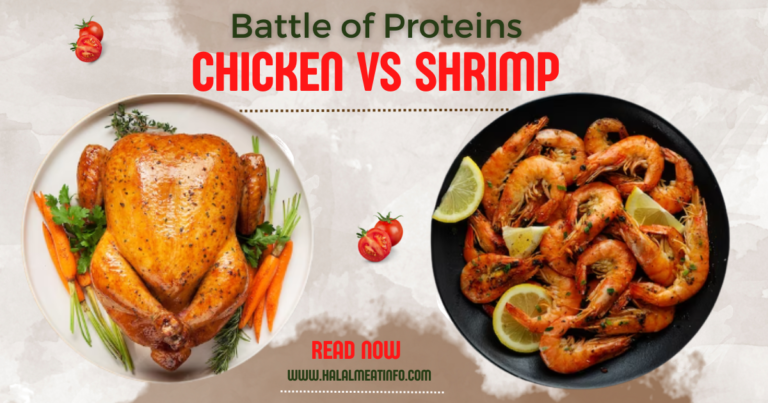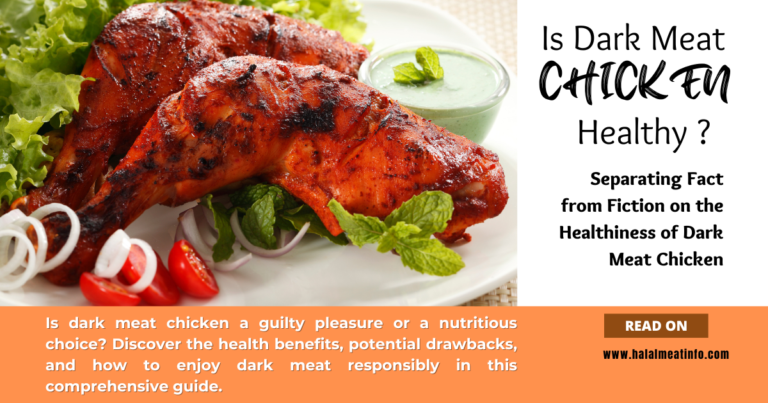Is Turkey Lunch Meat Healthy? A Comprehensive Health Review
Turkey lunch meat, a staple in many households, is often seen as a healthier alternative to other processed meats. It’s lean, packed with protein, and oh-so-convenient for those quick sandwiches we all love. But like many food items nestled in our fridges, the question arises – is turkey lunch meat really healthy? In this blog post, we’ll delve into the nutritional value of turkey lunch meat, shedding light on its benefits and potential downsides, with insights from nutritionists and health experts. Let’s chew on this!
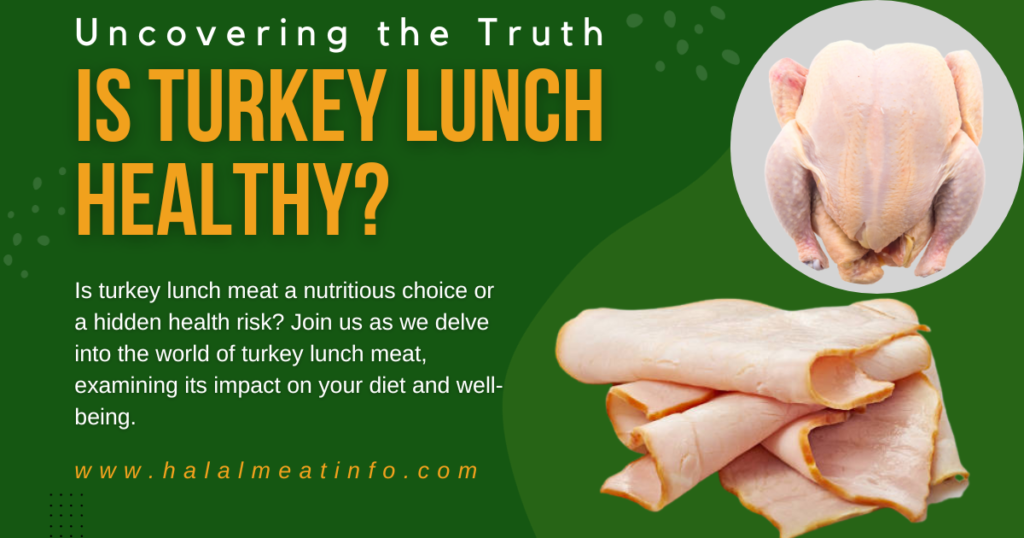
What is Turkey Lunch Meat?
Turkey lunch meat, also commonly referred to as turkey cold cuts or deli turkey, is essentially cooked turkey that has been sliced and packaged for convenience. It’s often found in the refrigerated section of grocery stores and is a popular choice for sandwiches, salads, and wraps. The meat is usually derived from the breast of the turkey, which is known for being lean and high in protein. Different options are available, like smoked, honey-roasted, and oven-roasted, offering a variety of flavors to match individual taste preferences.
How is Turkey Lunch Meat Made?
Turkey lunch meat is typically produced from the breast of the turkey. The process begins with the turkey being slaughtered, plucked, and cleaned. The breast meat is then carefully removed, cooked, and typically seasoned depending on the desired flavor profile such as smoked, honey-roasted, or oven-roasted. After cooking, the turkey breast is cooled, and then mechanically sliced into thin, uniform slices suitable for sandwiches or wraps. It’s important to note that some brands may add preservatives or additional ingredients during the process to extend the shelf life of the product and enhance its flavor. Always inspect the packaging for details on additives, and consider selecting options low in sodium and free from artificial preservatives.
Nutritional Content of Turkey Lunch Meat
When assessing the nutritional content of turkey lunch meat, several factors come into focus. Let’s look at the numbers.
Per 100 grams of turkey lunch meat, we get:
- Calories: 98
- Fat: 2.3 grams
- Cholesterol: 59 milligrams
- Sodium: 727 milligrams
- Carbohydrates: 1 gram
- Protein: 19 grams
From these numbers, we can see that turkey lunch meat is a low-calorie and high-protein option. A substantial portion of the calories originates from protein, vital for building and mending muscles. It also provides a notable quantity of cholesterol, essential for hormone production and cell function. However, the high sodium content may be a concern for some people, especially those with high blood pressure or heart disease. In general, turkey lunch meat can serve as a nutritious complement to your diet [1].
Is Turkey Lunch Meat Good For You | Health Benefits
There are several health benefits associated with turkey lunch meat that make it a worthy component of a balanced diet.
- Contribution to Muscle Growth and Recovery: The generous protein content in turkey lunch meat plays a pivotal role in fostering muscle growth and mending. Protein is the building block of muscles and consuming adequate amounts is essential for maintaining muscle mass, particularly for those who lead an active lifestyle or are involved in regular strength training. Also, since protein is more satiating, it can help control hunger pangs, thereby assisting in weight management.
- Role in Weight Management: Turkey lunch meat is low in fat, particularly if you opt for slices from the breast. This lean protein source can be a good choice for those trying to manage their weight. It fills you up without adding excessive calories and fats to your diet. However, it’s vital to keep portion sizes in check, particularly given the high sodium levels.
- Impact on Heart Health: The lean nature of turkey lunch meat also makes it potentially beneficial for heart health. Consuming foods low in saturated fats helps preserve healthy cholesterol levels, diminishing the risk of heart disease. Additionally, the presence of essential vitamins like B6 and niacin in turkey meat contributes to heart health by promoting efficient energy production and reducing cholesterol levels in the body. Due to the elevated sodium levels, it’s best when consumed in moderation and as part of a well-balanced diet.
Find out more about the health benefits of ground turkey on our trusted partner’s blog. This article provides excellent insights into why ground turkey is a good choice for your diet.
Is Turkey Lunch Meat Bad for You | Things to Keep in Mind
Despite the health benefits, there are notable health concerns associated with the consumption of turkey lunch meat.
- Concerns about Sodium Content: As mentioned earlier, the high sodium content in turkey lunch meat is a significant concern, especially for those with high blood pressure or heart disease. Consuming too much sodium can raise blood pressure levels, leading to hypertension and increasing the risk of heart disease and stroke. If you’re watching your salt intake, it’s important to check the nutritional labels and opt for low-sodium variants.
- Processed Meat and Potential Cancer Risks: Some studies suggest a connection between the consumption of processed meats, like turkey lunch meat, and an increased risk of certain types of cancer, particularly colorectal cancer. While the research isn’t definitive, it’s still a point to consider when regularly consuming turkey lunch meat [2].
- Possible Presence of Nitrates and Nitrites: Another health concern stems from the possible presence of nitrates and nitrites in turkey lunch meat. These compounds are frequently used as preservatives in processed meats and, when consumed excessively, can potentially pose a carcinogenic risk. A few brands offer nitrate-free alternatives, but it’s always wise to scrutinize the label attentively.
- Watch out for fillers: Some turkey lunch meat products may contain fillers like soy protein or corn starch. These added ingredients can affect the overall nutritional value of the product, so be sure to read labels carefully.
How to Choose a Healthier Lunch Meat
Choosing a healthier lunch meat can significantly impact your overall dietary health. Below are some key factors to consider:
- Check the Sodium Content: Sodium is often high in processed meats, including lunch meats. Check the nutritional label to ensure sodium levels are within acceptable daily intake limits, especially if you’re managing conditions like hypertension.
- Look for Low-Fat Options: Opt for lean cuts, typically from the breast, which tend to have lower fat content. Avoid meats with visible fat or skin, as these will have higher levels of saturated fats.
- Limit Processed Meats: Processed meats tend to have higher levels of preservatives, sodium, and potentially harmful compounds. When possible, choose fresh, minimally processed meats instead.
- Consider Nitrate-Free Variants: Nitrates and nitrites, common preservatives in processed meats, can potentially become carcinogenic when consumed in large amounts. Look for nitrate-free options when available.
- Opt for Organic or Grass-Fed Options: These options tend to be free from antibiotics and hormones, and grass-fed meats often have a higher content of healthy omega-3 fatty acids.
Keep in mind that maintaining moderate consumption and a diverse diet are essential components of a balanced eating plan. Including a variety of protein sources – like poultry, fish, lean meat, and plant-based proteins – can contribute to a more diverse and nutrient-rich diet.
To gain a comprehensive understanding of the halal status of turkey bacon, explore this in-depth article which provides clear, reliable information on the topic.
How to Incorporate Healthy Turkey Lunch Meat into Your Diet
Turkey lunch meat is an extremely versatile ingredient that can be incorporated into your diet in a number of ways. Here are a few tips:
- Salads: Add strips of turkey lunch meat to salads for an extra protein boost. This can transform a light salad into a satisfying meal.
- Wraps and Sandwiches: Turkey meat is a timeless choice for sandwiches and wraps. Pair it with whole-grain bread, a variety of vegetables, and a low-fat spread for a balanced meal.
- Protein-Packed Breakfast: Dice turkey lunch meat and add it to scrambled eggs or omelets for a protein-packed start to the day.
- Pasta Dishes: Slice turkey lunch meat into thin strips and toss it into your favorite pasta dishes. It can add a delightful texture and flavor to the dish.
- Stir-fries: Turkey lunch meat can be a great addition to stir-fried vegetables, providing a lean protein source and enhancing the overall taste.
Remember, it’s important to consider the sodium content when incorporating turkey lunch meat into your meals. Opt for low-sodium varieties whenever possible and balance your meal with plenty of fresh fruits, vegetables, and whole grains to maintain a balanced diet.
FAQ’s
Yes, turkey lunch meat – especially lean cuts – can be part of a heart-healthy diet due to its low saturated fat content. However, it’s important to watch out for high sodium levels which can impact heart health negatively.
Some studies suggest a potential link between the consumption of processed meats like turkey lunch meat and an increased risk of certain cancers, like colorectal cancer. The research isn’t definitive but it’s a point to consider.
Turkey lunch meat is versatile and can be added to salads, sandwiches, breakfast scrambles, pasta dishes, and stir-fries. Always balance it with plenty of fruits, vegetables, and whole grains.
Look for low-sodium, low-fat, and nitrate-free options. Organic or grass-fed variants can also be healthier choices. Fresh, minimally processed meats are generally healthier than processed meats.
While turkey lunch meat can be part of a balanced diet, it’s imperative to use it in moderation due to its high sodium content and potential health concerns related to processed meats. The key is to diversify your diet while being mindful of portion sizes.
Conclusion
Turkey lunch meat, while convenient and versatile, comes with both benefits and potential concerns. It can be a part of a balanced diet when consumed in moderation, but it is crucial to be aware of its high sodium content and the possible presence of nitrates, nitrites, and other preservatives. Choosing healthier options like low-sodium, low-fat, nitrate-free, or organic variants can help mitigate these concerns. Incorporating it into a variety of meals, balanced with other nutritious foods, can also contribute to a healthier diet. Ultimately, the key to a balanced, nutritious diet lies in variety, moderation, and informed choices.

